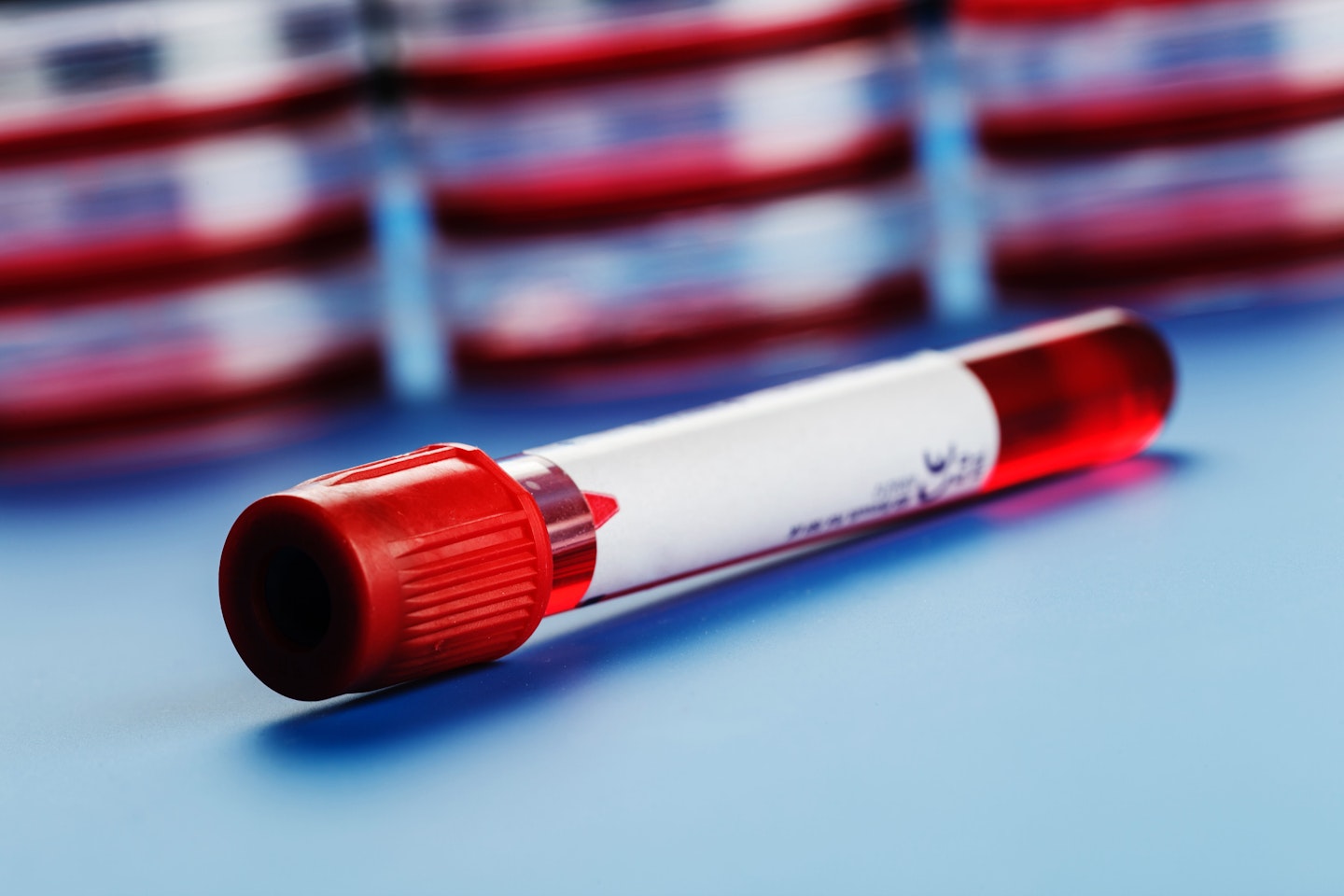For women who are in the high-risk category, it is now being advised that take a new test available to expectant mothers on the NHS to test for Down’s syndrome.
Tests for the condition have previously been available, but this new, non-invasive test is proving a much more safe and effective way to identify the presence of an extra copy of chromosome 21 in the foetus, which causes the condition.
The blood test also detects Patau’s syndrome and Edwards’s syndrome – both of which are also attributed to chromosomal disorders. Since the feotus’s DNA circulates in the mother’s blood, the test can be conducted this way.

The new method has been called non-invasive prenatal testing (or NIPT) and studies have shown it be both incredibly safe and and 99% accurate. Thanks to this, it is now recommended that expectant mothers found to have a one in 150 chance of having a baby with any of the three above conditions should be offered the new test.
On the NIPT, Professor Peter Soothill, consultant in foetal medicine at the University Hospitals Bristol NHS Foundation Trust said:
“This is the most exciting development in pregnancy care in many years. “The new test is so accurate that the number of women who will need invasive tests is going to fall very dramatically while still informing those who wish to know about chromosomal abnormalities.”
Previously, all pregnant women are offered an ultrasound combined with a blood test between weeks 10-14 to test for any abnormalities. This invasive amniocentesis test also came with a with a 1% chance of miscarriage and a 0.1% chance of contracting serious infection, making it a risky procedure.
_646x363.jpg?ar=16%3A9&fit=crop&crop=top&auto=format&w=1440&q=80)